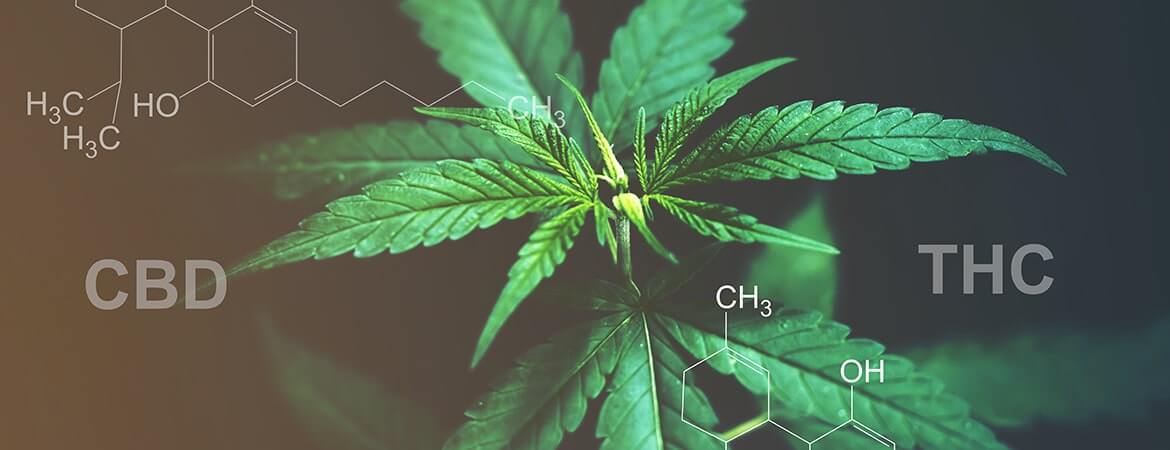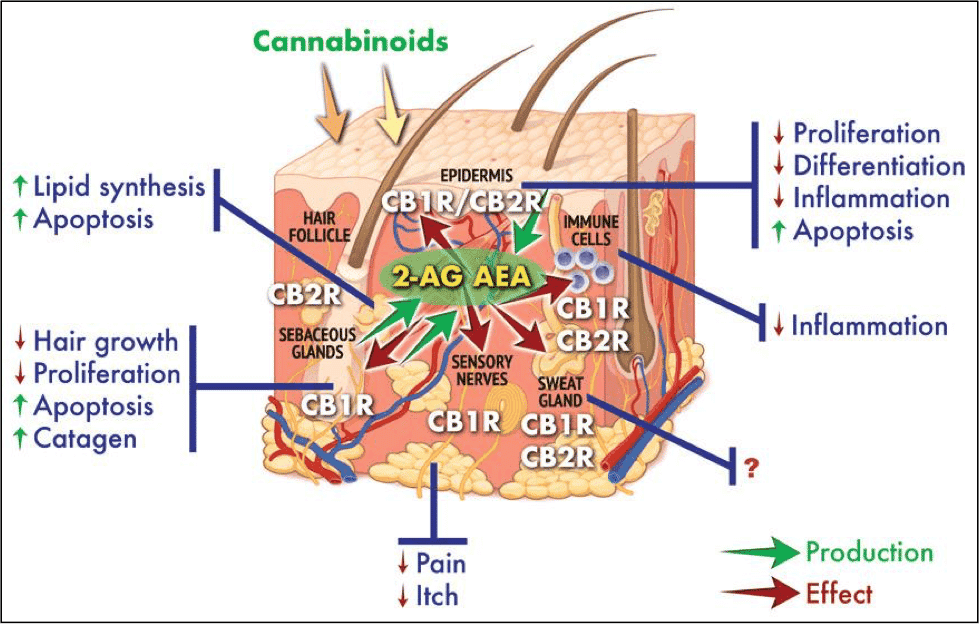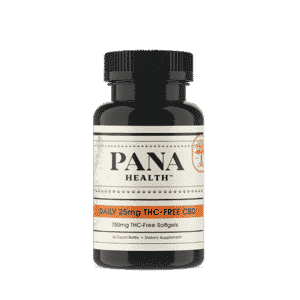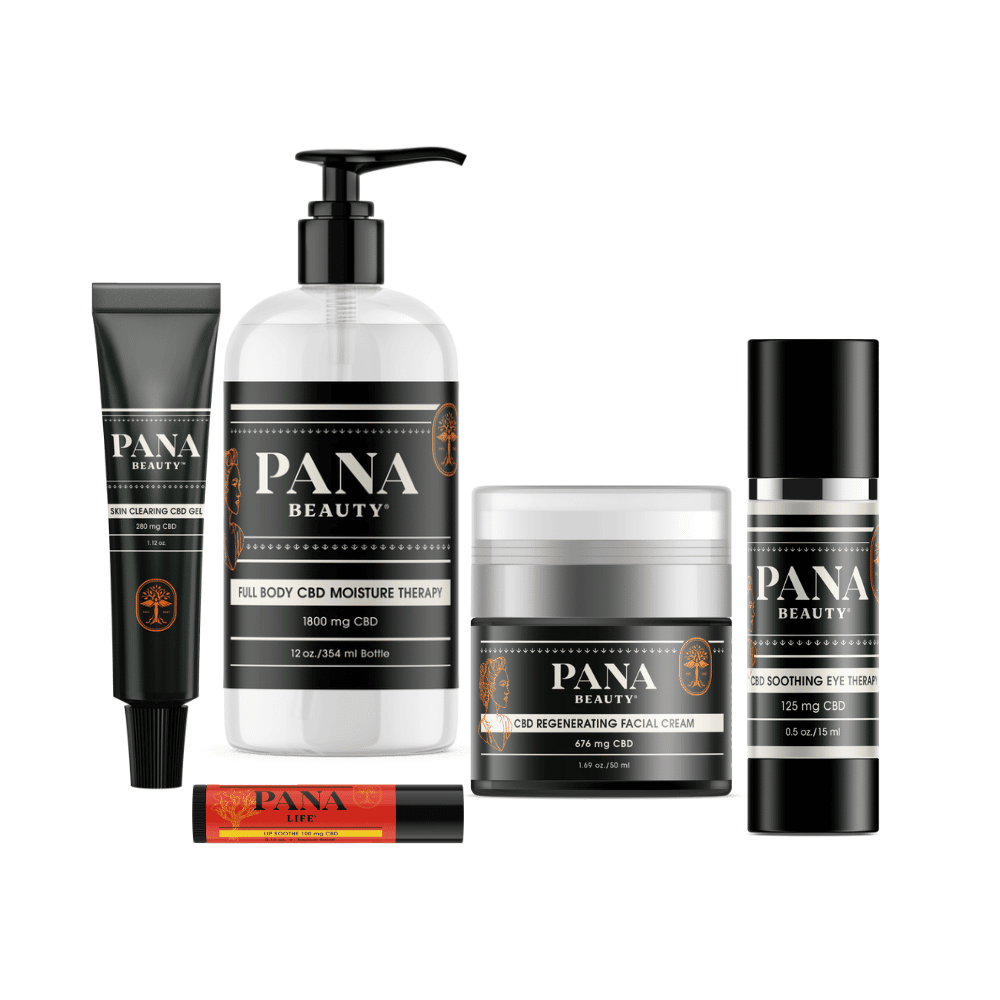Marijuana users have long prized the THC percentage as one of the primary factors that make a specific strain more attractive than another. Even though common interest in THC has caused an oversaturation of high-power cannabis products, many consumers are beginning to lean toward less severe products that contain lower concentrations of THC and higher concentrations of the non-inebriating compound called cannabidiol (CBD).
THC and CBD are both cannabinoids derived from the Cannabis Sativa plant, and they are the two most bounteous cannabinoids found in cannabis. Both interact with the body’s endocannabinoid system, yet THC and CBD benefit the body in different ways.
What are CBD and THC?
You’ve likely heard of THC, or delta-9-tetrahydrocannabinol, which is the most widely known cannabinoid from the Cannabis plant. The less well-known cannabinoid CBD is a naturally occurring compound in cannabis and Hemp. When researchers first discovered CBD during the 1940s, they did not correctly consider CBD’s benefits and uses because it didn’t deliver an inebriating effect. Instead, they were more keen on researching a new kind of cannabinoid, THC, the compound in cannabis that creates the “high.”
Both CBD and THC are found in Marijuana. Through selective hybridization or breeding, Cannabis Sativa has resulted in either a high or low percentage of THC, depending on the desired outcome. Simply put, Marijuana is Cannabis Sativa (or Cannabis Indica) that produces an unrestricted amount of THC where Hemp is defined as Cannabis Sativa L. that produces less than 0.3% THC by dry weight. So certain varieties are considered Marijuana while other varieties are defined as Hemp. THC and CBD are extracted from the plant for use in many products, including edibles, vape pens, CBD oils, and tinctures. The Hemp plant is bred for high percentages of CBD and low percentages of THC.
Although its popularity has grown in recent years, CBD is still misunderstood by the general public, as numerous people believe CBD and THC produce the same effects because they are both associated with Marijuana use. However, these compounds and their effects are most certainly not the same.
Molecular differences in CBD and THC
CBD and THC can be considered auxiliary isomers, which means they share the same atoms but they differ in how the atoms are arranged. The two compounds share the molecular formula of C21H30O2 and a molecular weight of 314.4 g/mol.
Both CBD and THC are cyclic compounds, which means at least one arrangement of molecules in the mixture connects to form a ring. CBD has an open ring with a hydroxyl and alkene group, whereas THC contains a closed ring with an ester group.
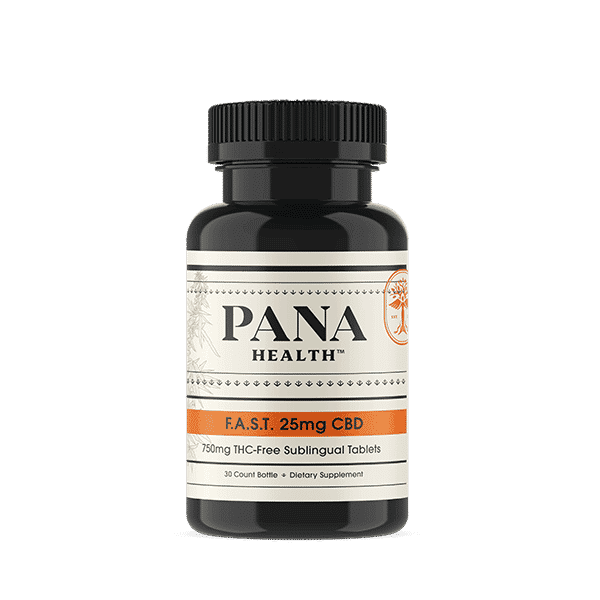
THC Effects vs. CBD Effects
Sometime Cannabis Sativa is differentiated from Cannabis Indica, which is a variant that has a high THC and fiber content. While Marijuana can be derived from either plant type, Hemp is only derived from the Cannabis Sativa family. Even though Hemp and Marijuana share a few characteristics, there are outstanding contrasts.
The most critical difference between THC effects and CBD effects is that products containing THC produce psychoactive effects, otherwise known as the “high” that comes from using Marijuana. Once THC associates to various neuroreceptors, it tells the brain to release dopamine, the hormone commonly associated with pleasure. This is what causes the typical feelings of euphoria that are associated with Marijuana use. Other common effects related to THC range from changes in thinking or emotional state (delusions, anxiety, happiness, etc.) to physical sensations like relaxation and pain relief.
CBD does not create a high, which has allowed products like CBD oil to be sold legally in the U.S. as of 2018. When the Agriculture Improvement Act of 2018 was signed into law, Hemp was removed from the list of Schedule 1 controlled substances. The Cannabis plant can now be farmed in all 50 states, so long as the crop contains less than 0.3 percent THC. The THC threshold is what allows the plant to be viewed as Hemp in the eyes of the federal government.
Although CBD is now legal across the U.S., Marijuana remains a Schedule 1 controlled substance. At the state level, however, Marijuana has been legalized for medical and recreational use in many different states in special CBD Dispensaries.
THC and CBD Benefits
Both CBD and THC can be utilized in different restorative cases and may provide relief from or alleviate similar conditions. Nonetheless, CBD benefits have set themselves apart from THC. Because of the non-psychoactive nature of CBD, it has become much more acknowledged within the therapeutic network to provide certain forms of relief.
Recently, one manufacturer of CBD has a preparation approved as a pharmaceutical treatment for seizure disorders, such as epilepsy. Other studies are underway using other phytocannabinoids found in Hemp to treat some malignant growth-related manifestations. But more commonly, users of CBD have found relief from many ailments, including pain and swelling, and psycho-emotional manifestations of anxiety, stress, insomnia and rapid and unpredictable emotional outbursts, typically anger.
While THC does not have as many uses as CBD, it boasts many medical advantages itself. THC can treat physical symptoms, such as loss of appetite, and medical conditions like glaucoma. Oftentimes, THC has been effective in moderating the side-effects of chemotherapy, particularly loss of appetite, pain and loss of salivary function. Basic research on cannabis oil has indicated that THC may be able to treat neurodegenerative disorders, including Alzheimer’s and Parkinson’s disease. Likewise, THC may be effective in easing the pain and neurological degenerative effects of multiple sclerosis.
Studies have shown that one effect of CBD and THC is alleviating symptoms of queasiness and nausea. Feelings of nausea are controlled mostly by the central nervous system. Because CBD and THC interact with the brain’s neurotransmitters thus moderating or blocking nausea.
Can you take CBD and THC together?
The short answer is yes. Researchers have been exploring how CBD and THC compounds cooperate, and many studies note that THC and CBD effects are more beneficial when taken together. However, the perfect ratio of CBD to THC varies from person to person. Cannabis-based businesses that sell Marijuana, edibles, tinctures, or CBD oil can typically help explain the CBD to THC ratios in their products so you can find one that works for your needs.

-
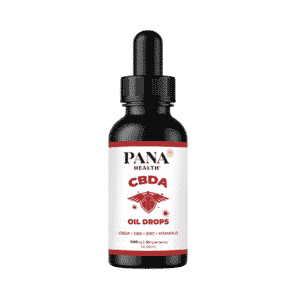
CBDA OIL DROPS (Full Spectrum)
$24.95 Add to cart -
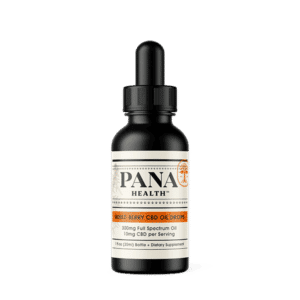
CBD Oil Drops (Full Spectrum)
From: $15.95 Select options This product has multiple variants. The options may be chosen on the product page -
Sale!

Soothe CBD Topical Salve
$19.95From: $8.95 Select options This product has multiple variants. The options may be chosen on the product page
Final verdict
CBD and THC, two chemical compounds made up of a similar molecular structure, are cannabinoids that originate from the Cannabis plant. Both compounds have many medicinal benefits, but CBD is more widely accepted in the medical world because CBD does not create a mind-altering high when used. If you want to feel better without feeling high, CBD might be for you.

